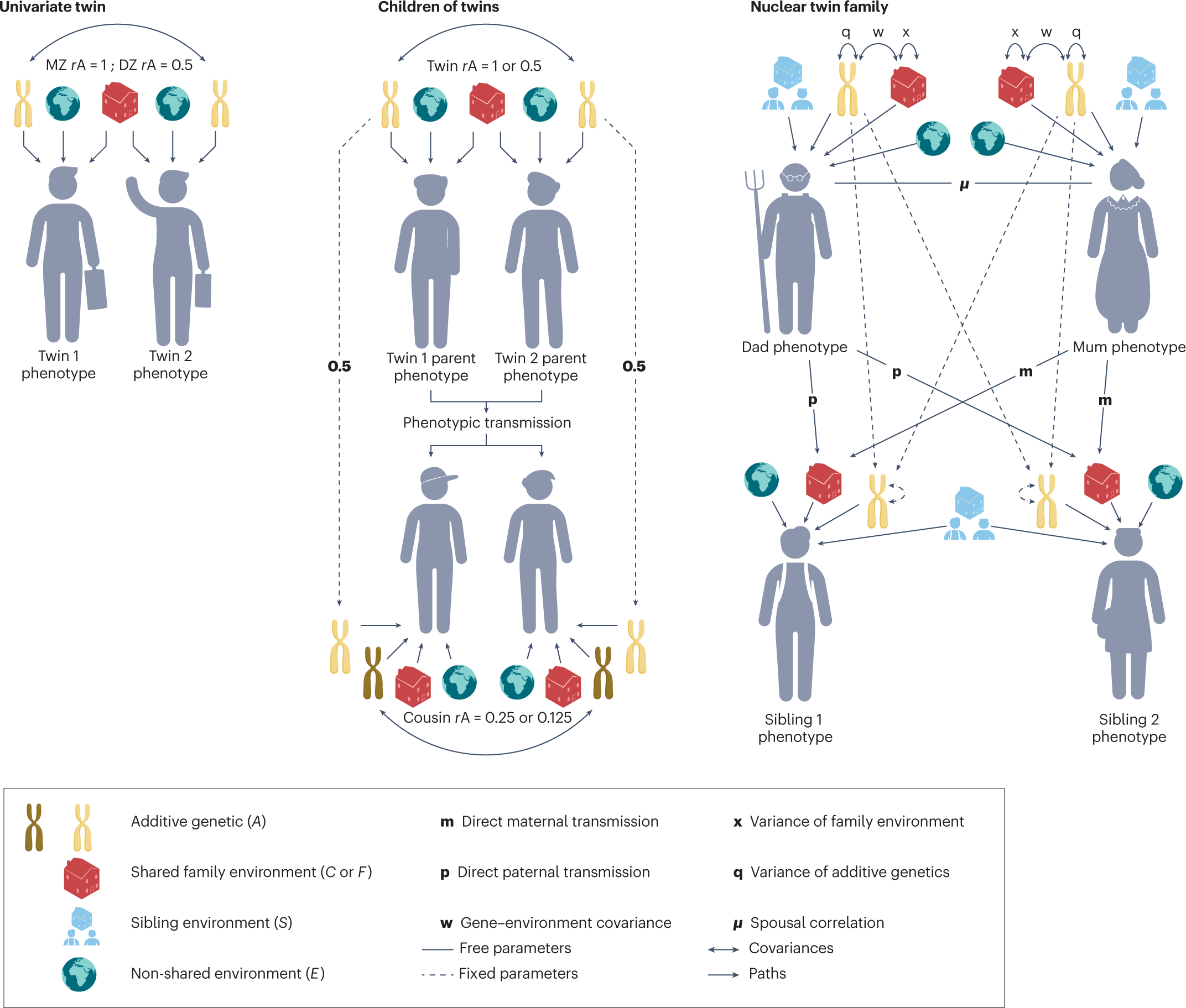WHAT IS THIS MEDICATION FOR? HOW SHOULD I TAKE OR USE THIS MEDICATION? WHAT SHOULD I DO IF I FORGET TO TAKE …
Genetics department
What's New?
WHAT IS THIS MEDICATION FOR? HOW SHOULD I TAKE OR USE THIS MEDICATION? WHAT SHOULD I DO IF I FORGET TO TAKE …
WHAT IS THIS MEDICATION FOR? HOW SHOULD I TAKE OR USE THIS MEDICATION? WHAT SHOULD I DO IF I FORGET TO TAKE …
WOUND CARE: HOW TO TREAT SMALL CUTS AT HOME WHEN YOU HAVE A CUT, SEE YOUR GENERAL PRACTITIONER (GP) IF: WHEN YOU …
WHAT CAUSES CROUP COUGH IN BABIES AND CHILDREN? CROUP VIRUS TREATMENT FOR TODDLERS AND CHILDREN Find out what causes croup cough in …
Genetics department
Genetics is the scientific study of genes and heredity
Academic materials
Genetics journal
Academic genetics research center
MCQ questions bank
Genetics is the scientific study of genes and heredity — of how certain qualities or traits are passed from parents to offspring as a result of changes in DNA sequence. A gene is a segment of DNA that contains instructions for building one or more molecules that help the body work. DNA is shaped like a corkscrew-twisted ladder, called a double helix. The two ladder rails are called backbones, and the rungs are pairs of four building blocks (adenine, thymine, guanine, and cytosine) called bases. The sequences of these bases provide the instructions for building molecules, most of which are proteins. Researchers estimate that humans have about 20,000 genes. All of an organism’s genetic material, including its genes and other elements that control the activity of those genes, is its genome. An organism’s entire genome is found in nearly all of its cells. In human, plant, and animal cells, the genome is housed in a structure called the nucleus. The human genome is mostly the same in all people with just small variations. For more on the human genome, visit the National Human Genome Research Institute’s About Genomics webpage.

Our Medical Research Achievments
We seek to create a comprehensive medical encyclopedia that serves medical workers as well as patients for the development of medicine worldwide
